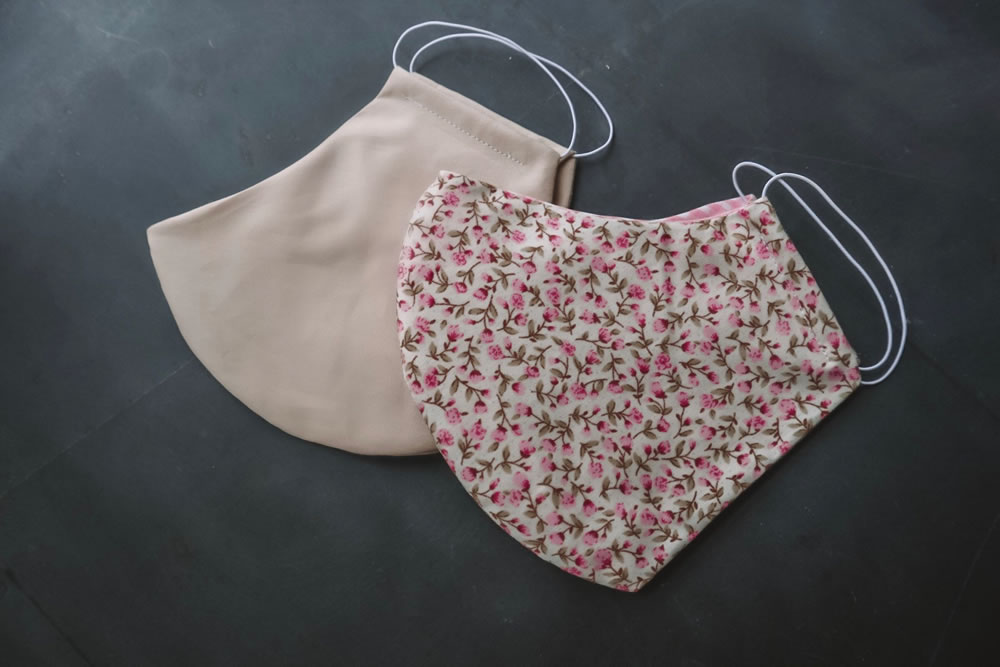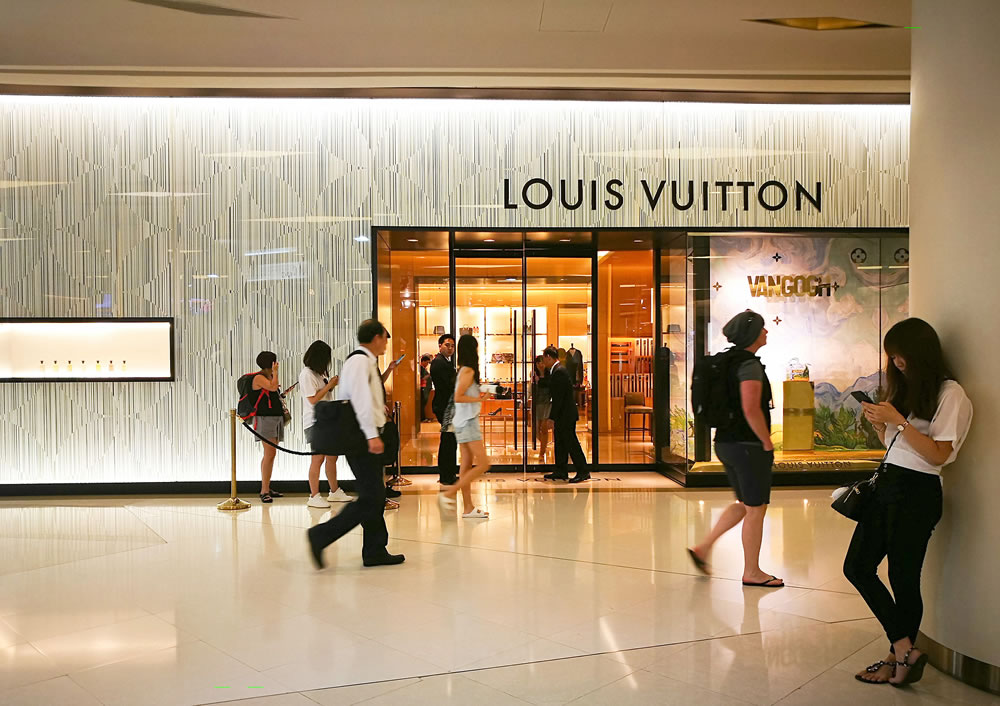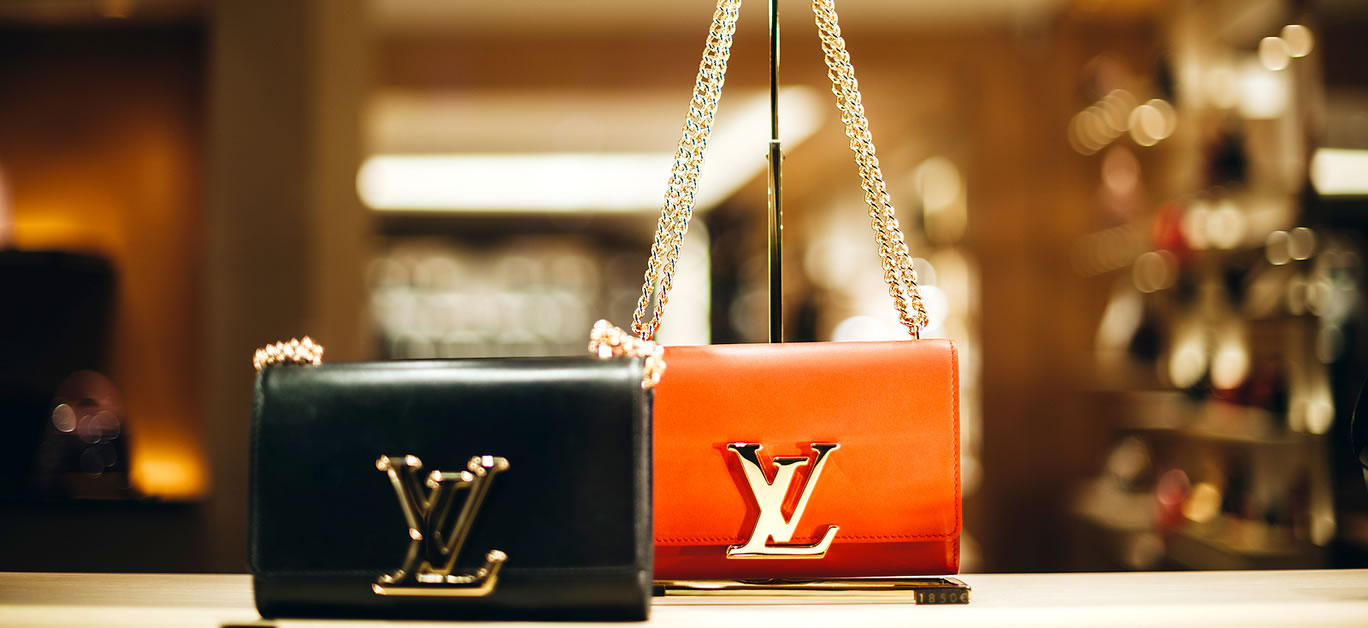It’s that time of year again, and with the festive season now upon us and Christmas just weeks away, if you’re not yet scratching your head over luxury Christmas gift ideas for family and friends, then you soon will be.
The luxury goods industry has certainly experienced a hit this year, and in May, it was predicted that the industry would contract by between 20 – 35 per cent in 2020 as a whole – but the festive season offers a welcome opportunity for recovery, and the perfect excuse to get spending, too.
There’s no denying that Christmas luxury shopping this year will be different – and with social distancing and tiered restrictions in place, meeting with friends and family to get the job done is sadly off the agenda. From the shopping experience itself to the gifts we’re likely to splurge on this year, Christmas 2020 will likely be as ‘unprecedented’ as the past twelve months have been – but in spite of the ongoing Covid-19 pandemic, it can still be just as merry as usual.
The new must-have items

So, what will we be buying this year? According to recent research, it is estimated that the sales of loungewear, such as sweatshirts and lounge trousers or sweatpants, have witnessed a soaring trend in terms of sales, which have jumped by an impressive 85% this year alone.
With many of us spending more time indoors than ever thanks to the ongoing Covid-19 pandemic, it’s little surprise that we’re investing more in our indoor wardrobes than ever – and as ever, luxury designer brands are taking note. Labels such as Juicy Couture and Tokyo Laundry have long been at the forefront of premium tracksuits and loungewear sets, and with many brands finding themselves having to pivot in the wake of our changing approach to dressing and shopping this year, it would be foolish for them not to take the obvious steps that will ensure they get a slice of the pie.
As part of that pivot, many are now capitalising on the pandemic with the production of designer face masks with added bling, and since most luxury shoppers love a little bit of bling and sparkle, it’s not surprising to see they’ve been a huge success.
This Christmas, such brands are set to prosper even more, as luxury Christmas shoppers stock up on these must-have items to give as gifts and to treat themselves, too. Whoever you’re buying for this Christmas, some premium at-home attire or a chic designer mask is likely to go down a treat – because in 2020, that sparkly dress and new pair of Louis Vuittons are quite simply surplus to requirements.
The benefits of conscious spending

While many of us might be feeling guilty about splashing our cash while – thanks to widespread job losses across the country – others are going short, the good news is that indulging in a little retail therapy could actually be doing some good. Not only does it boost the economy, but it also helps to keep further jobs more secure – but the positives don’t end there.
Reports in the luxury markets have seen record sales in items linked to charity and to those related to giving donations to ethical causes and global matters, as our society becomes more eco-conscious and increasingly aware of their impact on our planet. Buying well-made, long-lasting luxury gifts instead of throw-away fast fashion pieces is not only a way to minimise environmental impact, but to support charitable causes, too – and with more designers than ever clamouring to offer buyers a more conscious way to shop, it’s little wonder it has been a huge success.
The luxury industry, it seems, has left no stone unturned in its bid to maintain a global presence on our high streets and across online-portals, and it’s this quick thinking will to adapt that might just save it in the long run. Not only that, but it’s bound to boost sales this Christmas, too – which is exactly what is needed in the short term.
To learn more and see who you should be supporting to make a difference, click the link here.
A new approach to Christmas shopping

While many luxury shoppers are considering venturing out in spite of the coronavirus pandemic, it’s likely that the majority will this year be choosing to source their gifts online instead. The excuse to get your Christmas shopping done from the comfort of your home is, in some ways, a welcome one – as while we all reliably head to the shops each festive season in normal conditions in search of that perfect present, if we’re honest about it, it’s not always as enjoyable as we might hope.
From crowds to queues and over-enthusiastic central heating in stores, they are all things that, frankly, we could do without, so if the prospect of ordering all those gifts at just the few clicks of a button while you sip on a well-earned glass of champagne at home seems more appealing, the likelihood is that you’re not alone.
So, if you’re eager to shower that special someone with diamonds this year, surprise your mum with a thoughtful mother ring or treat the man in your life to that supercar driving experience – all from different stores – then save yourself the hassle and the Covid risk this year, because most people will be doing the same. With this in mind, however, it’s wise to get your orders in early, as the increased demand this year could mean delays on deliveries compared to the usual timeframes promised.
Recovery post-pandemic: How the luxury industry will fare

Although many stores have been intermittently closed throughout the global crisis, the move to online shopping has undoubtedly kept the industry going. And with predictions indicating online luxury purchases will represent up to 30 per cent of the market by 2025 even before the Covid-19 pandemic took hold, it could be that the global crisis has only accelerated what we could already see coming.
According to recent research by Bains and Company, it could take until at least 2022 or 2024 for recovery to reach the levels seen in 2019 – but even so, the market is likely to bounce back relatively quickly from the worst of the impact once life returns to normal. From 2022 onwards, we can expect to see market growth resume, reaching the lofty heights of £300 billion by 2025.
By adapting early to the recent global shifts and thanks to appealing to a wealthy, high-net audience, the luxury market way well have avoided the less favourable fate of others.






















